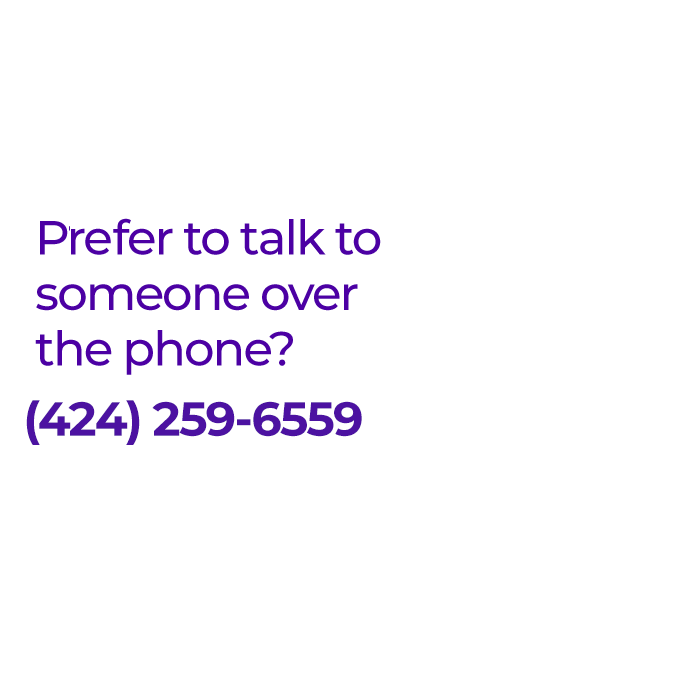Mentoring and training the next generation of leaders in the field is one of the great joys of my career. I have been fortunate to train numerous sleep surgeons who are achieving tremendous things and already surpassing what I have accomplished in my career. In 2017, I wrote about a sleep surgery fellowship program that I started while at USC, and we had great success in training 3 surgeons in that program (in addition to 3 others in the sleep medicine fellowship program).
With my move to UCLA last year, the sleep surgery fellowship at USC no longer exists. I am excited to share the news that we have just received approval to start a sleep surgery fellowship program at UCLA! The formal announcement is directly below, but I provide some background that is based on the previous post. I believe that this sleep surgery fellowship is even better than the program I ran at USC, and you will see why.
UCLA Sleep Surgery Fellowship Announcement
My goal is to make this the finest academic sleep surgery fellowship program in the world, combining three components:
- clinical sleep surgery (taking care of patients)
- attendance at the lectures for the sleep medicine fellowship that we have at UCLA
- training in clinical research
What Do These Components Really Mean?
Clinical Sleep Surgery. Although UCLA Health is an academic health care system with residents and fellows, I take the primary responsibility not just with performing surgery but also writing orders and all aspects of patient care. Although the fellow would spend the majority of their time with me, an important part of the fellowship program is that we have 3 sleep surgeons on our team: Ashley Kita, MD, Travis Shiba, MD, and I. This provides the fellow with exposure to a greater variety of approaches, and the fact that the UCLA Sleep Medicine is huge (over 20 physicians) provides more opportunities for learning. Drs. Kita, Shiba, and I want to train fellows to make decisions with their own patients, and during the fellowship the fellow will gradually develop their own practice. The sleep surgery fellows will truly be able to provide patient care of the highest quality, as they will have completed their surgical residency and will be selected from an outstanding group of applicants. The advantage of being a fellow is that they will be able to discuss difficult cases with any of us easily and involve me as a surgical assistant without worrying about trying new procedures on their own.
Sleep Medicine Fellowship Lectures. Under the leadership of Dr. Michelle Zeidler, the UCLA Sleep Medicine Fellowship program includes a comprehensive program of lectures to provide a foundation in sleep medicine. The sleep surgery fellows will attend the adult sleep medicine lectures. This will provide a knowledge base in sleep medicine, although not the same clinical experience in sleep medicine that a sleep medicine fellowship might offer. The UCLA Sleep Surgery fellowship does not meet the training requirement to take the Sleep Medicine Board exams (American Board of Medical Specialties). I do have this Board certification in Sleep Medicine, but I feel strongly that the education and experience in treating sleep disorders matters much more than the Board certification. In essence, as a sleep surgeon, you should be aware and very comfortable with an understanding of the full spectrum of sleep disorders but would pretty unlikely to be the primary person to treat disorders other than sleep disordered breathing – unless you choose to do so; I have never been interested in doing so as a surgeon, although I identify other sleep disorders and direct people to those who do treat them. The purpose of having the sleep surgery fellows attend the sleep medicine lectures is to enable them to have that same education and broad perspective on sleep disorders that is important to caring for patients as a sleep surgeon.
Training in Clinical Research. Sleep surgery has seen tremendous advances just within my own 20-year career that has largely been due to high-quality scientific research. I hope I have contributed to this, but my hope also is to train surgeons to perform their own research. These are not skills that we as surgeons receive naturally, so specific research training is required. I have previously led a course in clinical and translational research study design that uniquely required students to develop their own research protocol, following the principle of learning by doing. Sleep surgery fellows will follow the same approach and can participate in the research course run through our department for our residents.
If You Are Interested in the Sleep Surgery Fellowship
The fellowship is only open to citizens of the United States who will be graduates of United States residency programs in otolaryngology – head and neck surgery. If you are interested in learning more, please contact me. I would be happy to speak with anyone in more detail. I am currently accepting applications for the 2025-26 and 2026-27 fellowship years, as often residents will plan their fellowships before their final year of training.




40 + = 41